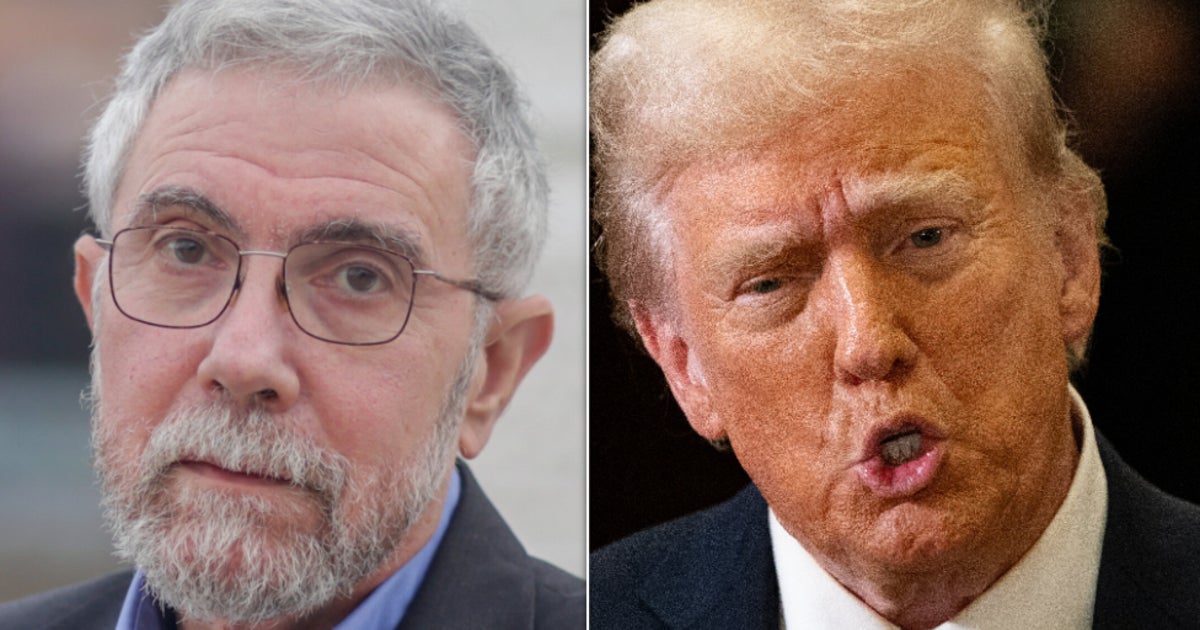Renowned economist Paul Krugman on Wednesday issued a dire analysis of the current state of the U.S. economy under President Donald Trump.
And he warned that it’s actually “in worse shape than it looks.”
Read Krugman’s full analysis on Substack.
The economy may appear to be “OK by the most commonly used measures,” such as unemployment levels, the 2008 winner of the Nobel Memorial Prize in Economic Sciences wrote in his email newsletter.
But it’s “definitely not OK once you look under the hood,” he warned.
It’s “strongly bifurcated” with investment in artificial intelligence “booming” in stark contrast to the rest of the economy, he said, noting the economy feels “frozen” with the job market almost stalled.
Trump’s “wildly erratic policies are creating huge uncertainty which is deterring many companies – essentially those that are not in the AI sector or a sector catering to the affluent – from making investments,” said Krugman.
MAGA makes’your mom’jokes.
Your SupportFuelsOur Mission
Your SupportFuelsOur Mission
We make headlines.
Serious questions deserve better than middle school humor.
We remain committed to providing you with the unflinching, fact-based journalism everyone deserves.
Thank you again for your support along the way. We’re truly grateful for readers like you! Your initial support helped get us here and bolstered our newsroom, which kept us strong during uncertain times. Now as we continue, we need your help more than ever. .
We remain committed to providing you with the unflinching, fact-based journalism everyone deserves.
Thank you again for your support along the way. We’re truly grateful for readers like you! Your initial support helped get us here and bolstered our newsroom, which kept us strong during uncertain times. Now as we continue, we need your help more than ever. .
Already contributed? Log in to hide these messages.
“The result is that much of the economy is frozen — companies aren’t hiring or investing,” he noted. And “ithout the AI boom/bubble spending, we might very well have fallen into a recession,” he suggested, noting the consensus among fellow economists.
